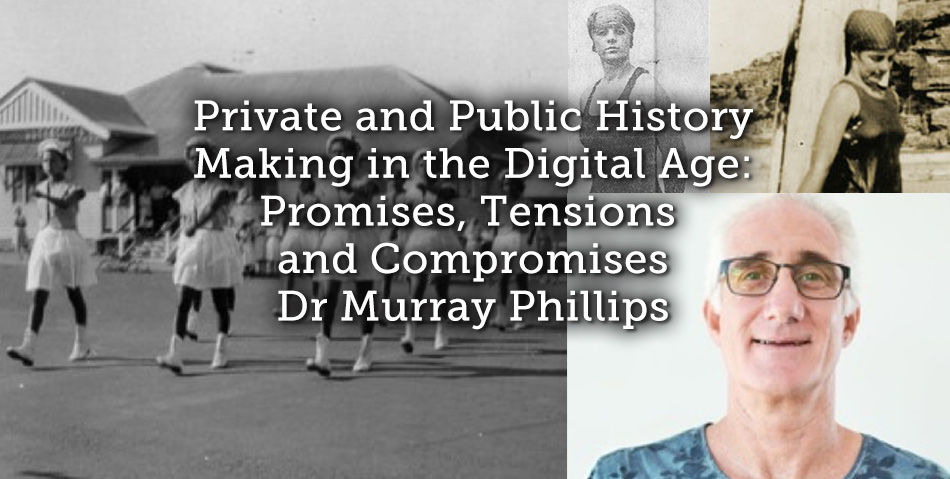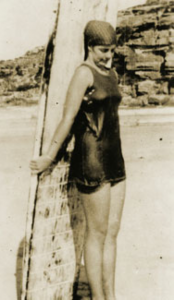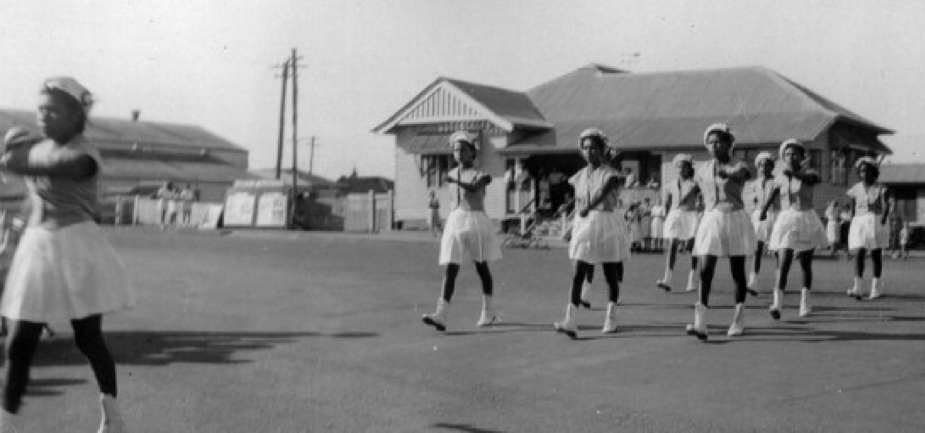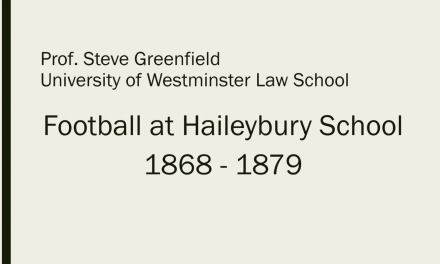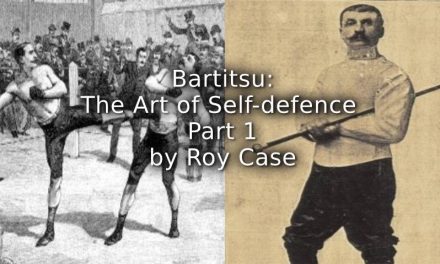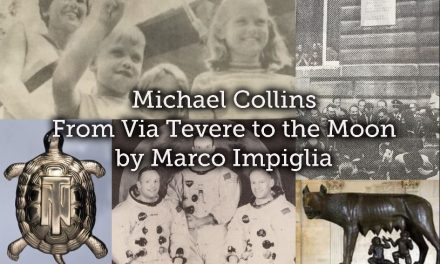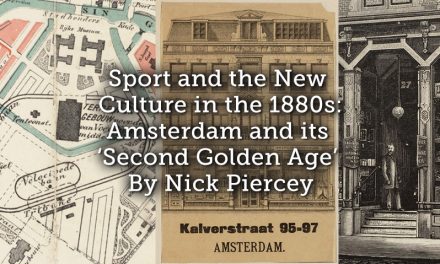On Monday 15th May Prof Dave Day was delighted to introduce Dr Murray Phillips from the University of Queensland who was visiting the Dept of Exercise and Sports Science on the Cheshire Campus. Murray presented his research on studying sport history in the digital age and how the information revolution has transformed the field.
Synopsis of presentation
Digital technologies offer much for history making. The shift from the mentalities of print-based scholarship to the digital economy of knowledge production provides access to the ‘infinite’ archive, new ways of analyzing research material and multiple ways of presenting historical narratives. The historians’ toolbox now contains a range of text mining tools, numerous ways to create topic modelling, a myriad of visualizations to present historical data, and specific forms of network analysis that compliment, contribute and generate historical scholarship. Digital technologies also offer opportunities to provide a public face to historical scholarship. This scholarship has a wider mandate engaging with social media, accessible digital platforms, volunteer citizen scholars, institutional partners and memory institutions. This presentation highlights case studies in sport history – focusing on race relations and the Paralympic movement – to investigate the promises, tensions and compromises related to the private and public faces of history making in the digital age.
- Isabel Lethem
- Isma Amor
Murray explains in his presentation how during a ‘close reading’ of the newspapers Isma Amor emerged as a prominent female surfer, effectively challenging the significance of Isabel Lethem as Australia’s pioneering female surfer.
- Cherbourg Marching Girls – Used as illustration of how GIS can be used in relation to Sport History
We are fortunate in that Murray agreed to his presentation being filmed which you can watch here – enjoy!
Dr Murray Phillips is an Associate Professor in the School of Human Movement and Nutrition Sciences at the University of Queensland. He has written on the historical aspects of several sports, including swimming and the Paralympics, as well as contributing to philosophical debates about sport history, understanding the role of sport museums, and conceptualising changes to sport history in the digital age.
- Dr Murray Phillips
His most recent books are:
Representing the Sporting Past in Museums and Halls of Fame (London: Routledge, 2012), Richard Pringle and Murray G. Phillips (eds),
Critical Sport Histories: Paradigms, Politics and the Postmodern Turn (West Virginia: FIT, 2013), and Gary Osmond and Murray G. Phillips (eds),
Sport History in the Digital Era (Champaign: University of Illinois Press, 2015).

